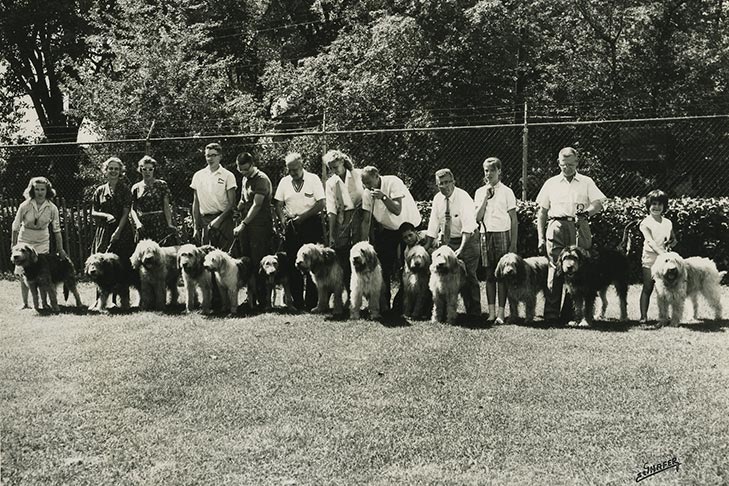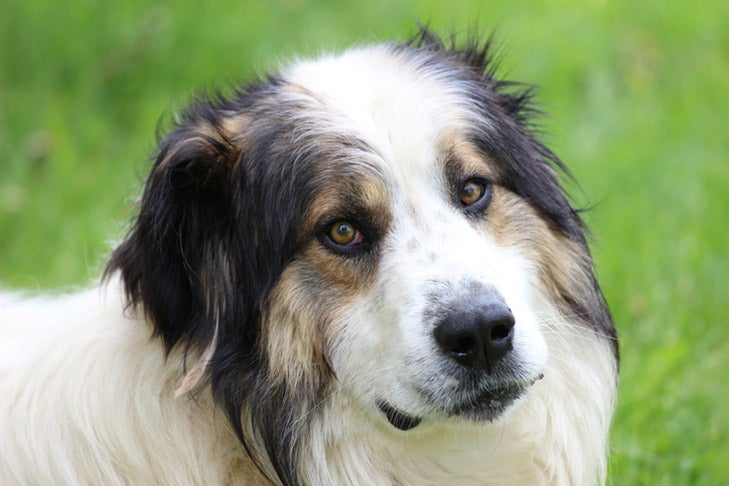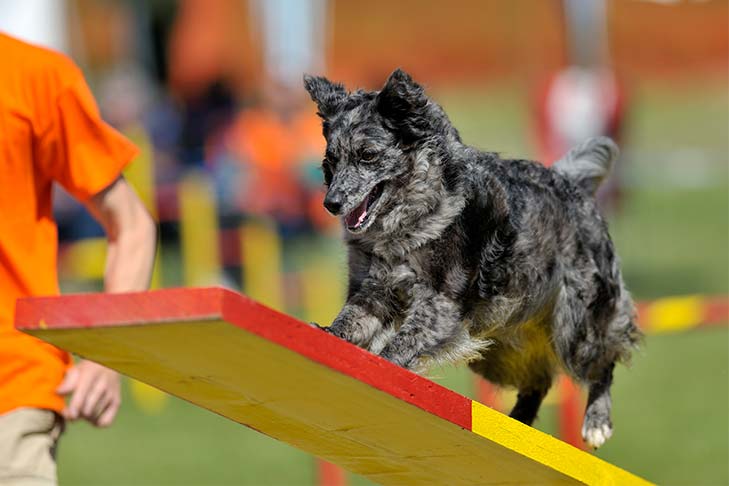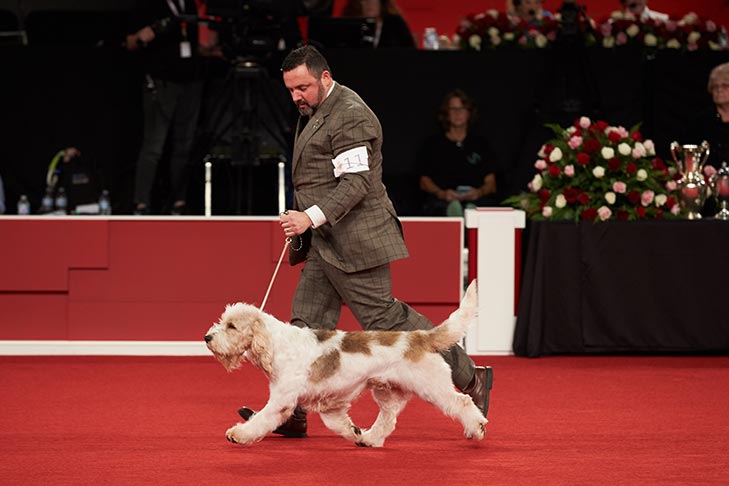
What Does it Take to be an AKC Registered Breed?
The American Kennel Club, founded in 1884, maintains the largest registry of purebred dogs in the world, and currently registers 200 breeds, representing a wide variety of sizes, colors, coats, temperaments and heritages.
A dog that has full registration with the AKC is eligible to participate in many of the more than 22,000 events offered by the AKC and its affiliated clubs each year (some events are breed-specific).
Internationally, there are approximately 400 breeds that are listed with registry organizations in other countries. The AKC, however, does not register all of these breeds, either because there are too few dogs (of that breed) in this country or there is too little interest among owners of these breeds to obtain AKC registered status. Because the AKC is a “club of clubs,” owners of a particular breed, wishing to have that breed registered, must establish an organized National Breed Club.

AKC Foundation Stock Service
Breeds that wish to begin the road to full AKC recognition must be recorded with an accepted registry (maintained by the national breed club or the optional AKC Foundation Stock Service). The AKC Foundation Stock Service (FSS) is the AKC’s recording service for purebred breeds that are not yet eligible for AKC registration. Currently, there are 72 breeds in the FSS, but acceptance into the program does not ultimately guarantee full AKC registration.
To be considered for listing as an FSS breed, the Breed Club must send in a written request, along with additional documentation such as a written history and a written breed standard. Photographs are also required at the time of application. Once all information is presented to the Staff Executive Committee, a decision is made to allow or deny each request.

Miscellaneous Class
The recognition process begins with a written request to compete in the Miscellaneous Class from the National Breed Club. To be eligible for consideration to become an AKC recognized breed, the following general criteria must be met:
- A demonstrated following and interest (minimum of 100 active household members) in the breed (in the form of a National Breed Club).
- A sufficient population in this country (minimum of 300-400 dogs), with a three-generation pedigree. Dogs in that pedigree must all be of the same breed.
- Geographic distribution of the dogs and people (located in 20 or more states).
- AKC must review and approve the club’s breed standard as well as the club’s constitution and by-laws. Breed observations must be completed by AKC Field Staff.
If a substantial nationwide interest and activity in the breed is demonstrated and the above criteria met, the information is presented to the AKC Board of Directors for consideration to compete in the Miscellaneous Class.
Ten breeds are currently eligible to compete in the Miscellaneous Class: Bracco Italiano, Dutch Shepherd, Lancashire Heeler, Mudi, Norrbottenspets, Peruvian Inca Orchid, Portuguese Podengo, Russian Toy, Small Munsterlander, and Teddy Roosevelt Terrier.

Moving from Miscellaneous Class to Full AKC Registration
While there is no established “quota” or timetable for adding new breeds, dogs typically compete in the Miscellaneous Class for one to three years. At the end of the first year, AKC contacts the National Breed Club for updates on the number of dogs and litters recorded, and the number of dogs who have entered events since being eligible to compete in the Miscellaneous Class. Finally, the club must have held matches, local and national breed specialty shows, judges’ workshops and breed seminars.
When all criteria are met, the information is presented to the Board of Directors for full recognition.

